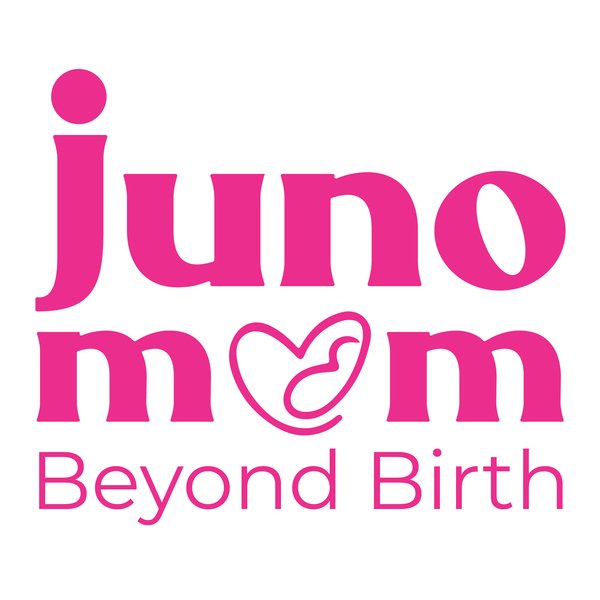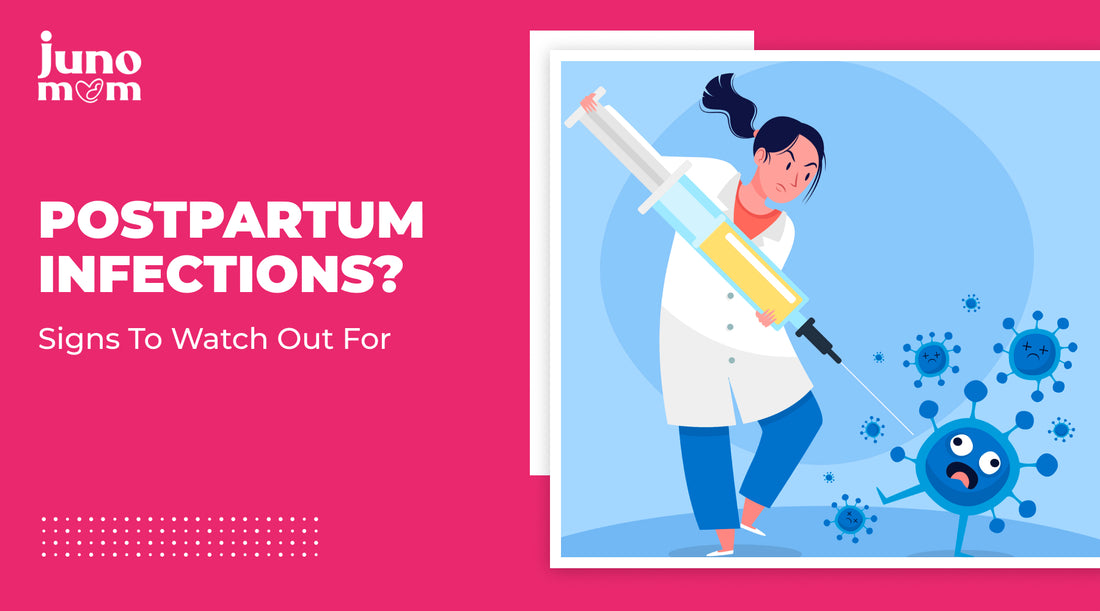When you get hurt and do not take proper care of your bruises, it is obvious that you might get an infection around the bruises. Similarly, postpartum healing is not easy and quick, it is time taking and you might get an infection if proper care is not taken.

A few weeks after childbirth, your body can experience various symptoms and give you warning signs. What’s important is to know and understand these signs to be able to prevent any infections in the future. You must know what’s normal and what’s a medical call after recent childbirth. It can be a simple feeling of fatigue but it can also get spiked up with fever which is not a very good sign.
Your body goes through many changes, you must be aware and rest as much as possible.
What Are Postpartum Infections?
Postpartum Infections can be witnessed in various body parts like the uterus, breast or abdominal area- you must watch for them.
One major concern is paying attention to all the symptoms and consulting the doctor at the right time. Do not bear pain or endure the discomfort, until it gets too late.
Let’s look at some common postpartum infections which are usually common and easy to identify:
-
Uterine Infection (Endometriosis)
Endometriosis refers to the inflammation or infection of the uterine lining, often occurring in case of prolonged labour or caesarean sections. You must be aware of symptoms like lower abdomen pain, foul vaginal smell, consistent fever, and prolonged bleeding. It is likely a severe infection and might need hospitalisation if the conditions worsen.
-
Breast Infection (Mastitis)
Mastitis is an infection in the breast tissue, commonly occurring in breastfeeding mothers due to blocked milk ducts or bacteria entering through cracked nipples. Basic symptoms are swelling, developing pain, feeling of extra warmth and redness around the nipples, along with rising fever and flu.
This infection is usually caused due to developing bacterias, improper latch during breastfeeding, or nipple damage. Keep yourself clean and ensure to take care of your nipple area.
-
Perineal Infection (Episiotomy or Tear Site)
Especially in case of vaginal delivery, or when a special vaginal cut is made to enlarge it or vaginal tears occur, the wound site can easily become infected. You have to take care of the cuts fully until it heals.
Without proper care, your wound can start swelling and can cause pus resulting from infection. You must maintain hygiene, use a bidet to clean yourself each time you use the washroom, dry it with a tissue and apply the prescribed ointments. Keep the area airy, dry, and clean.
-
Urinary Tract Infections (UTIs)
A UTI may develop postpartum, in case a catheter is used during labour or if there is trauma caused to the urinary tract. It can also happen due to dehydration. Most common symptoms are burning sensation during urination, blood in urine, or lower abdominal pain. Ignoring these symptoms can result in long-term internal damages.
-
C-Section Wound Infection
Mothers who undergo caesarean deliveries have an increased risk of developing infection around the stitches and wound. Some importants factors which can be an add on for the infection are diabetes, obesity, prolonged surgery and bleeding, and improper wound care.
First, you must be well aware about your wound and take proper care of it, until it’s healed fully, and keep a check for symptoms like redness, pus or any foul-smelling discharge. Cleanliness and timely care are two major ways of keeping your wound rid of any infections.
What Are Common Symptoms?

To recognize any early infection, you must be aware of some common symptoms. On their basis, you must instantly get checked by the doctor and get a clearance on the matter to stay safe and secure. Let’s look at some common warning signs:
- If you start getting a fever on a consistent basis above 100.4° you must consult a doctor. It often indicates infection.
- Unusual pain at the incision site, abdomen, perineal area or breasts must be taken in consideration.
- Vaginal discharge with bad odour is also a concern of matter.
- If you notice redness or swelling in the breast, especially during breastfeeding, it could signal mastitis.
- Painful or burning urination, especially with frequent urges, may have a chance of UTI.
All these symptoms can be the symbols of warning, you must be aware.
What Are Preventive Measures?

While some infections can occur despite taking all the precautions, there are still some things that you can do to lower the risks:
- Good Hygiene is a must, keep yourself always clean and dry.
- Take proper care of your wound until it gets healed fully.
- Do not forget to stay hydrated. Drink plenty of water and also consume hydrating drinks mostly.
- Keep your breasts clean and seek help if you find yourself struggling with the lactation process.
- Also, one main hygiene necessity is keeping your hands clean all the time.
Postpartum infections are a concern, but with proper care, awareness, and timely medical intervention, they are manageable. These infections are part of the body's response to the stress and strain of childbirth, and recognizing early signs is key to ensuring a smooth recovery. Mothers should not hesitate to reach out to healthcare providers if they notice any concerning symptoms.
Take care of your body and baby equally, it’s not just your baby growing but you are also going through a life-changing situation. Postpartum period is for you and the baby to embrace each other and stay healthy.
With Juno Mom, we desire to help each mother in their postpartum journey from the start till the very end.


